Member Directory,
1847 - 1922
Robert Underwood Johnson
Author/Editor/Diplomat
Centurion, 1889–1937
Noah Brooks, Edmund C. Stedman, and Edward Eggleston
Washington, District of Columbia
New York (Manhattan), New York
Age thirty-six
Stockbridge, Massachusetts
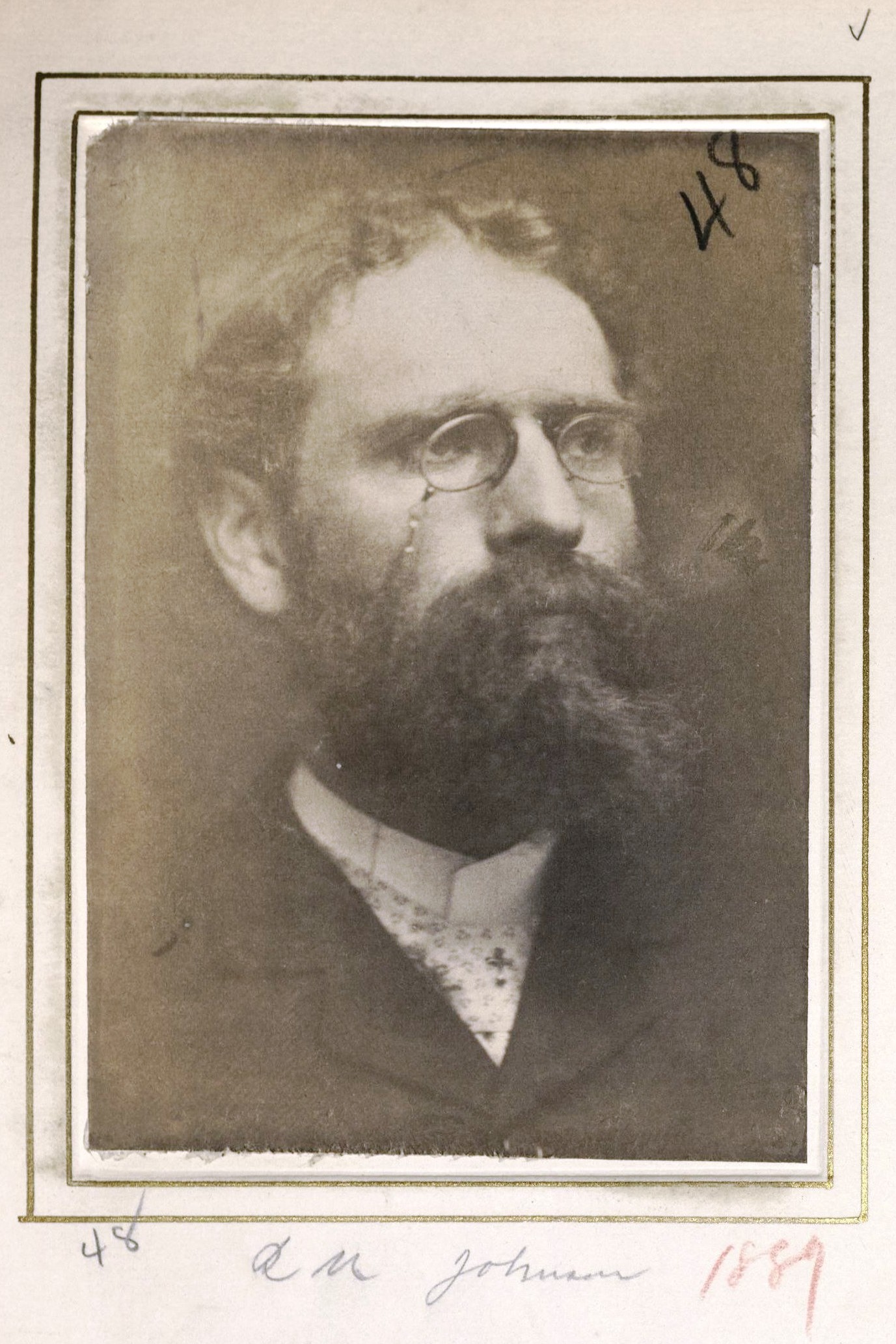
Century Memorial
Few faces were more familiar to the Century than that of Robert Underwood Johnson. Most of Johnson’s particular achievement occurred in the longer past. He was identified editorially, from 1881 to 1909, with the Century Magazine in its palmy days, and from 1909 to 1913 was its editor-in-chief. Like his Century colleague Buel, Johnson’s reminiscence in after years reverted constantly to that brilliant episode in periodical literature but, perhaps unlike Buel, his interest in events of his later life-time never flagged. His conversation regarding all of them was that of a judicial but intensely absorbed spectator; notably so at the Century’s luncheon-table, where the veteran club-man with the well-groomed white beard and the kindly eyes always fitted congenially into the circle. If his own talk frequently turned to installation of American worthies in New York University’s Hall of Fame, to selection of each new occupant of it by popular vote, and to the ceremonies accompanying each of such arrivals, it was because of Johnson’s ardent preoccupation with contemporary public duties.
His best work on the Century Magazine was done when the immensely successful series of Civil War reminiscences was obtained from surviving commanders. Buel conceived and planned that program, but Johnson co-operated loyally, and was personally instrumental in persuading General Grant to write for the Century what afterward became the nucleus of the general’s “Personal Memoirs.” Johnson himself was fond of recalling how Grant, then in flourishing private circumstances, at first begged off from the task, insisting that Badeau’s Life was history enough; then how, after the disastrous Grant & Ward failure, the general timidly asked that the offer to him be renewed; then how, when his first written manuscript came in, the Century editors were dismayed to find that it read like a routine report to the War Department, and how, finally, Johnson applied himself to the task of teaching General Grant that he could write, regarding his campaigns, a human-interest story of intimate personal reminiscence. Grant learned the lesson from his patient and admiring teacher; the result was an addition to our literature.
Johnson’s wide acquaintance, in the literary field especially; his championship, even in old age, of such public causes as international copyright, international peace, and preservation of our country’s scenic wonders—all these were known to his fellow-Centurions. So were his frequent poems. His friendship for Italy was a life-long quality; he organized in war-time American relief plans for that country’s soldiers and citizens, and in 1920 was appropriately designated as Ambassador to Italy. Like his predecessor, Thomas Nelson Page, Johnson was able to meet on equal terms of cordiality the Italian King and premier and the European diplomats whom he encountered at post-war conferences. Personally, he might well have adorned those gatherings—as his fellow-Americans must have imagined when they saw that distinguished figure, with the crimson diplomatic sash across his shirt-front and the foreign medals on the lappel [sic], walk down the aisle to greet New York’s visitor, Marshal Foch.
Alexander Dana Noyes
1938 Century Association Yearbook
Related Members
Member Directory Home-
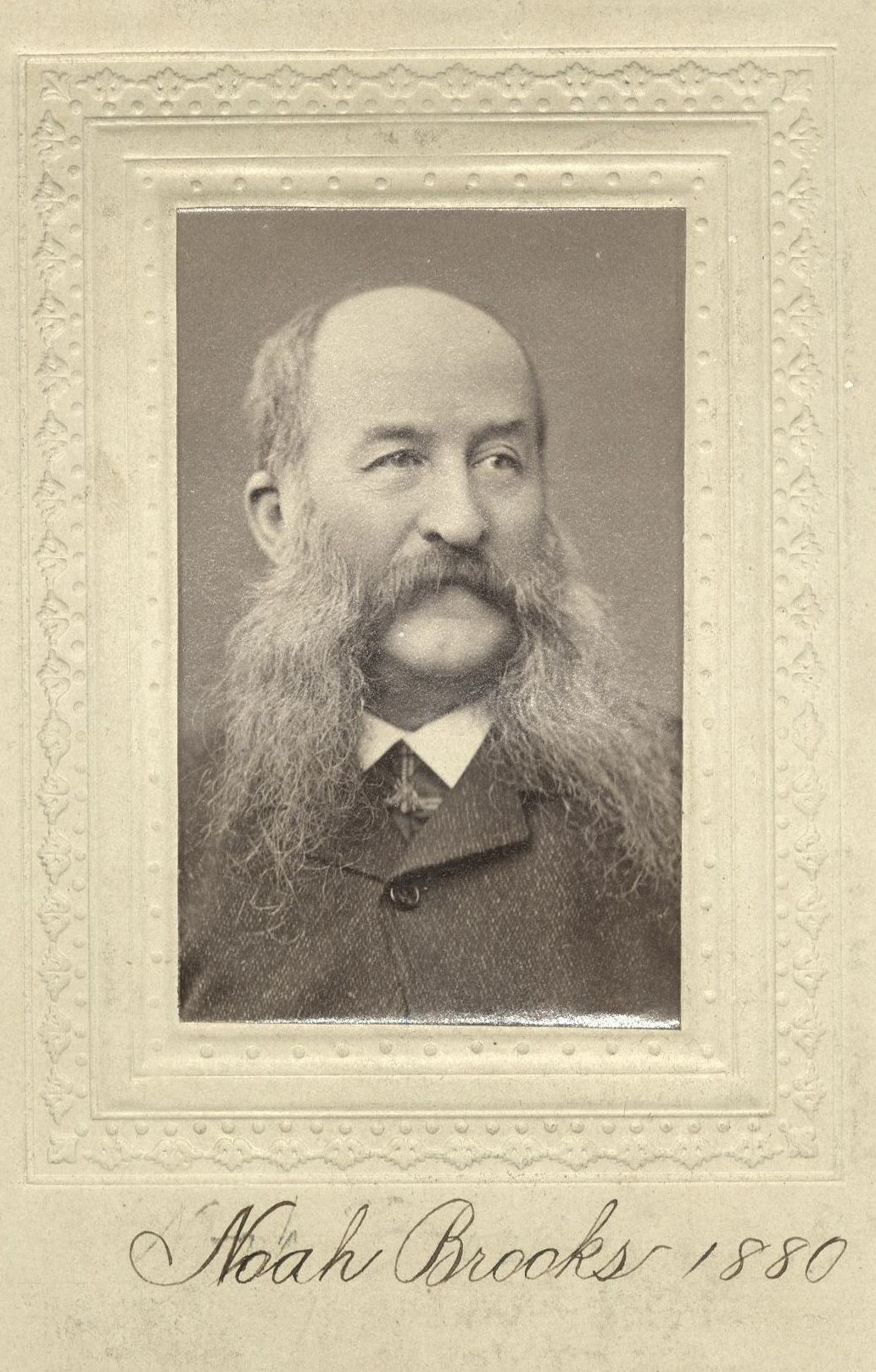 Noah BrooksJournalist/AuthorCenturion, 1880–1903
Noah BrooksJournalist/AuthorCenturion, 1880–1903 -
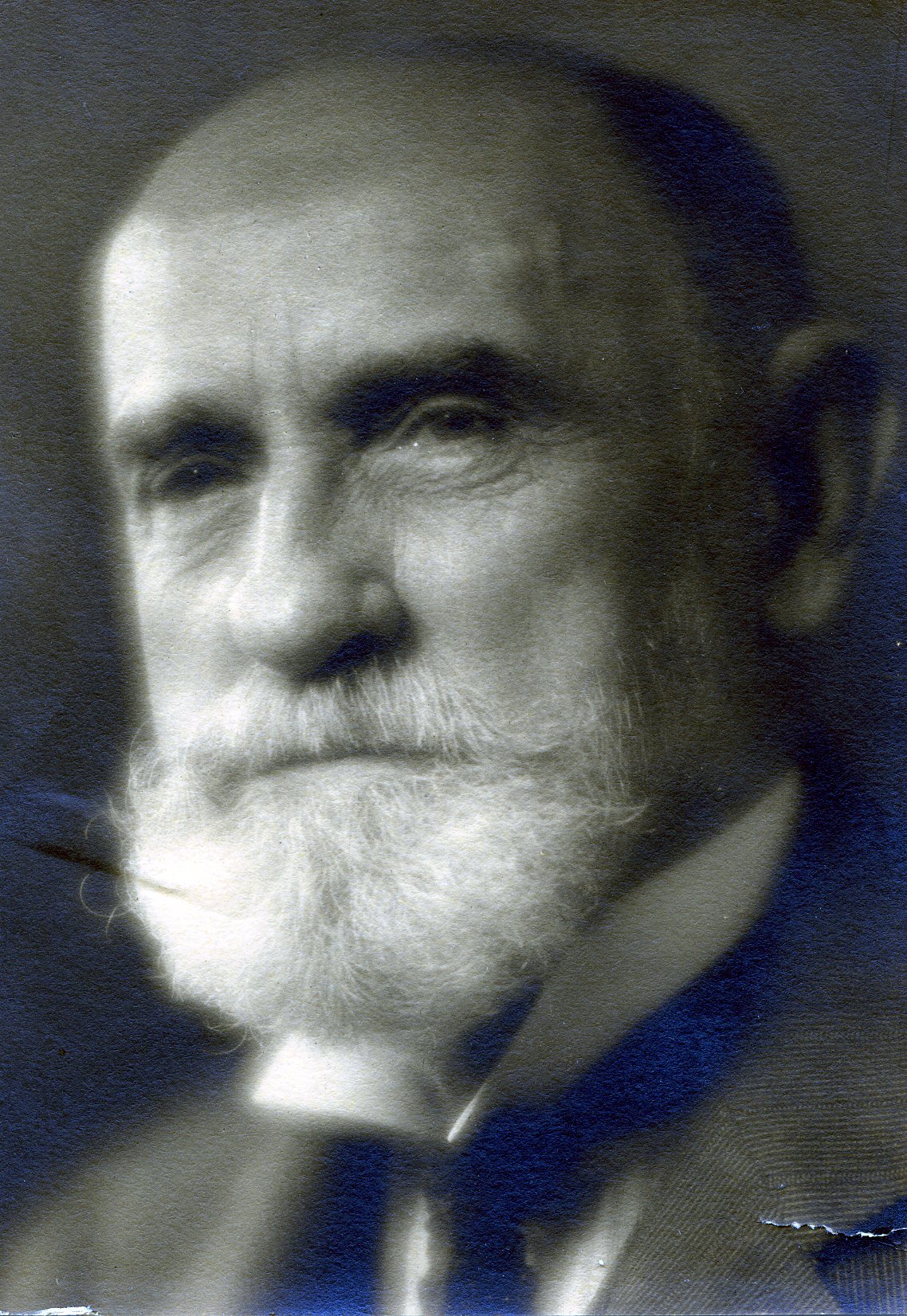 Maurice Francis EganMan of LettersCenturion, 1919–1924
Maurice Francis EganMan of LettersCenturion, 1919–1924 -
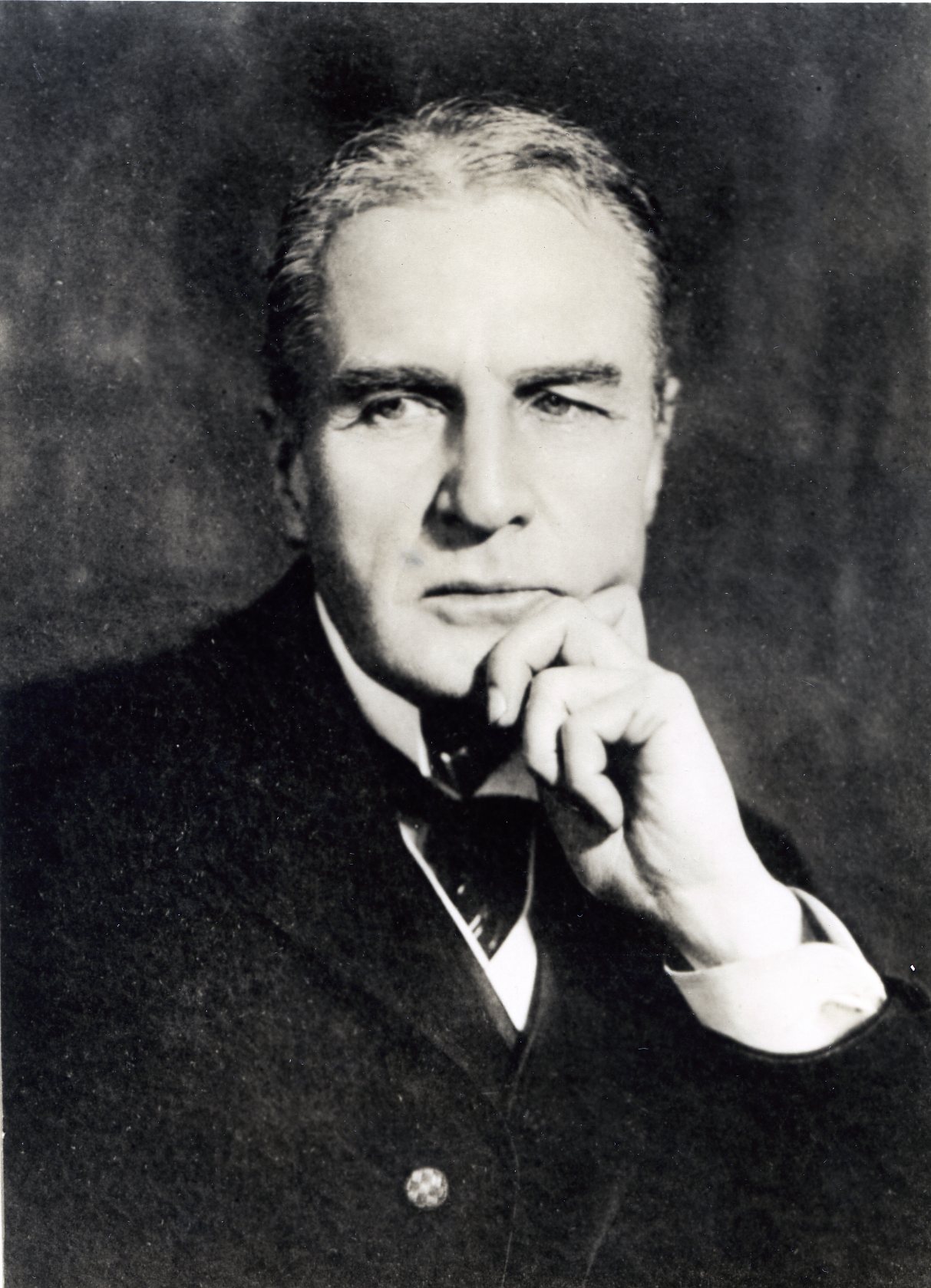 William GilletteActor/PlaywrightCenturion, 1916–1937
William GilletteActor/PlaywrightCenturion, 1916–1937 -
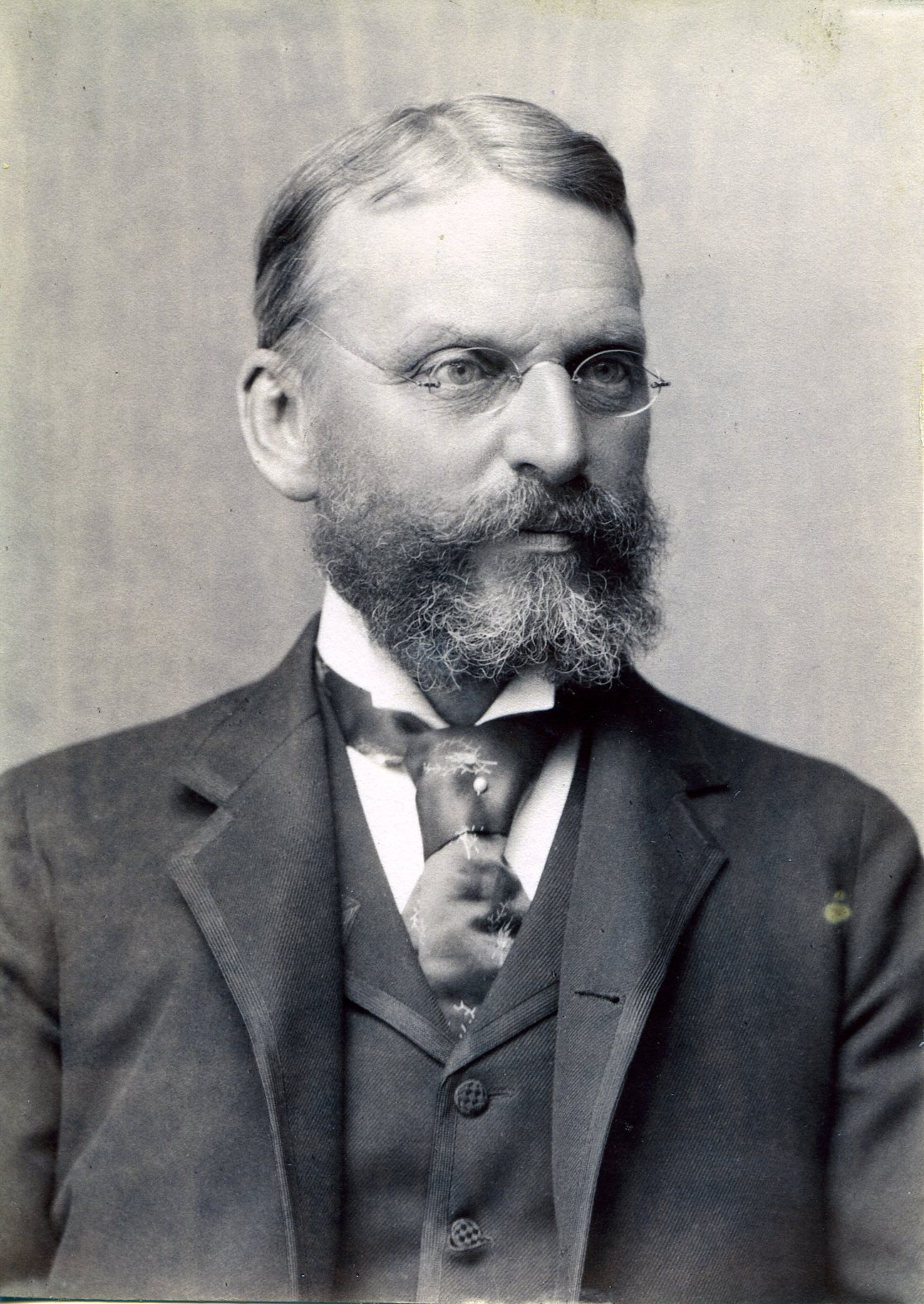 Henry Kirke PorterManufacturer of Locomotives/CongressmanCenturion, 1896–1921
Henry Kirke PorterManufacturer of Locomotives/CongressmanCenturion, 1896–1921 -
 Nelson S. SpencerLawyerCenturion, 1903–1934
Nelson S. SpencerLawyerCenturion, 1903–1934 -
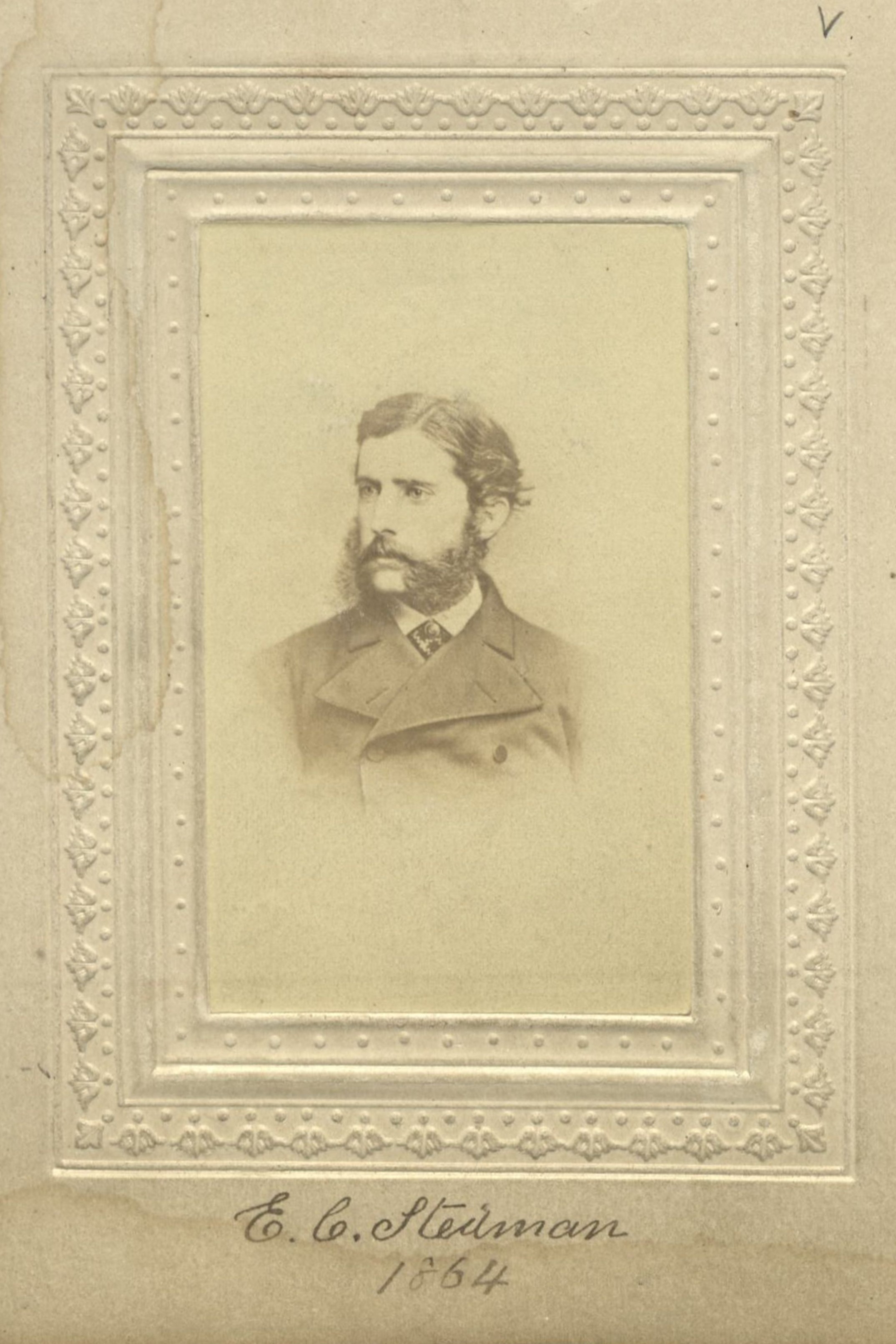 Edmund C. StedmanPoetCenturion, 1864–1908
Edmund C. StedmanPoetCenturion, 1864–1908 -
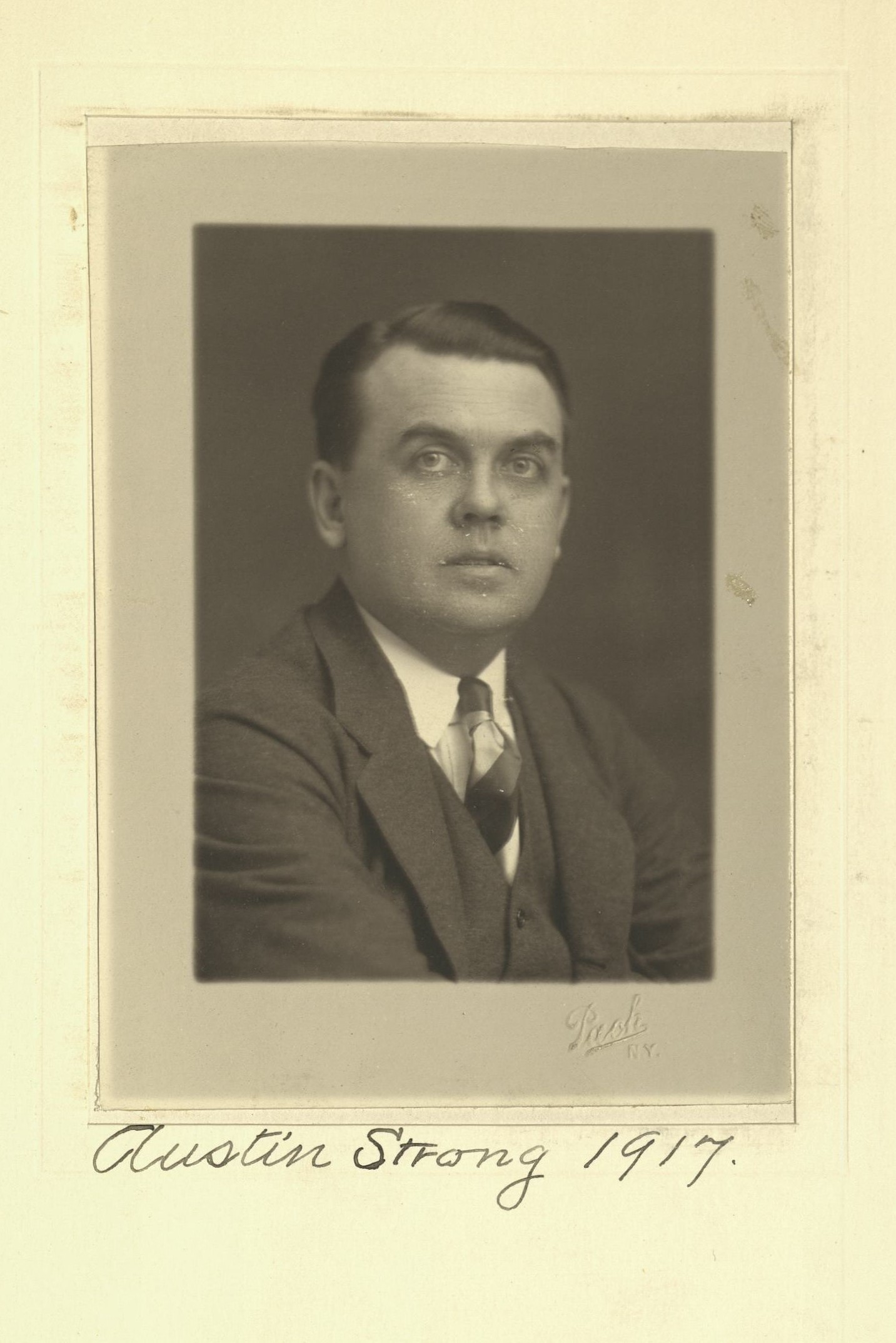 Austin StrongPlaywrightCenturion, 1917–1952
Austin StrongPlaywrightCenturion, 1917–1952 -
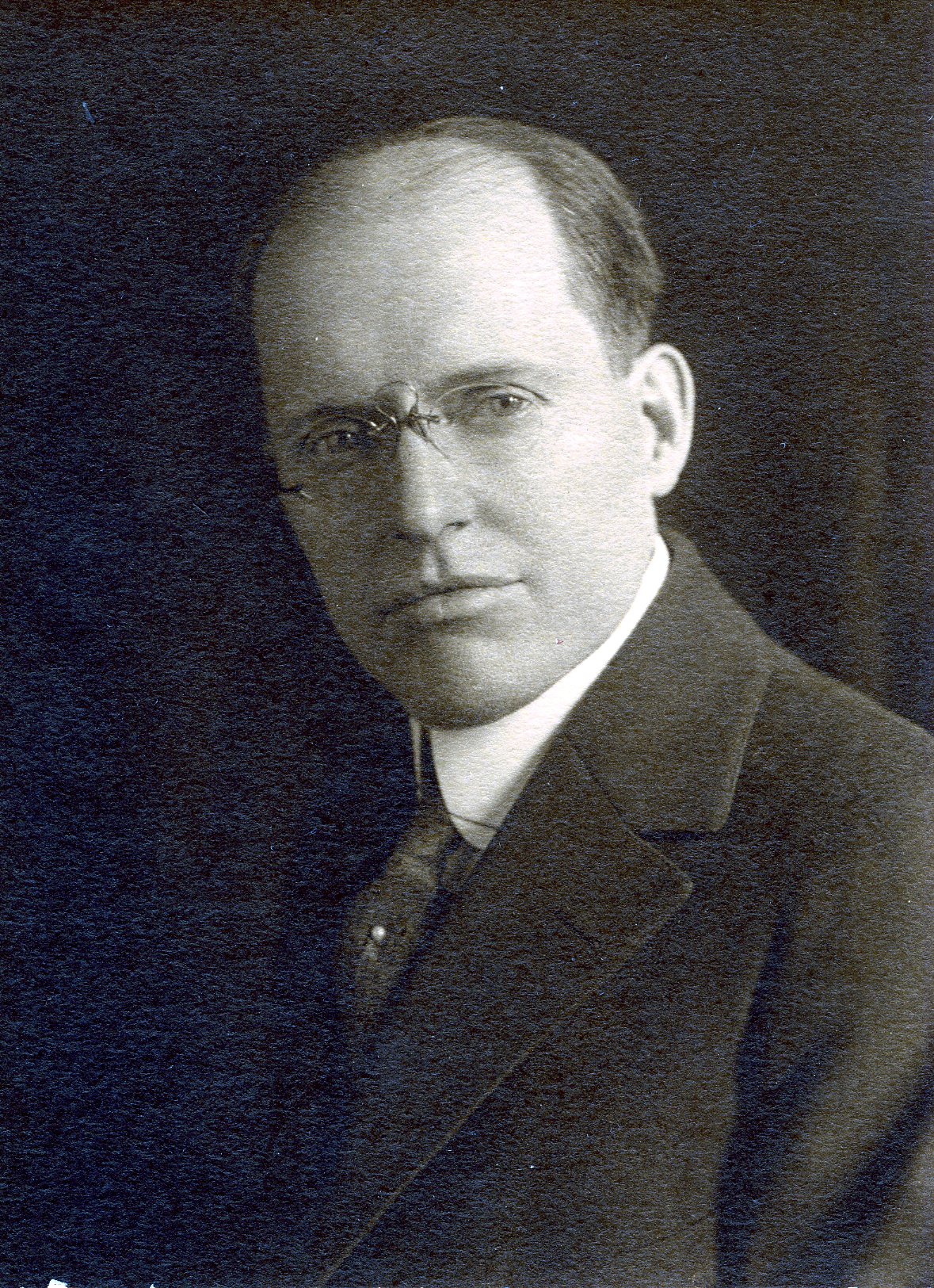 Carr V. Van AndaJournalistCenturion, 1920–1945
Carr V. Van AndaJournalistCenturion, 1920–1945







